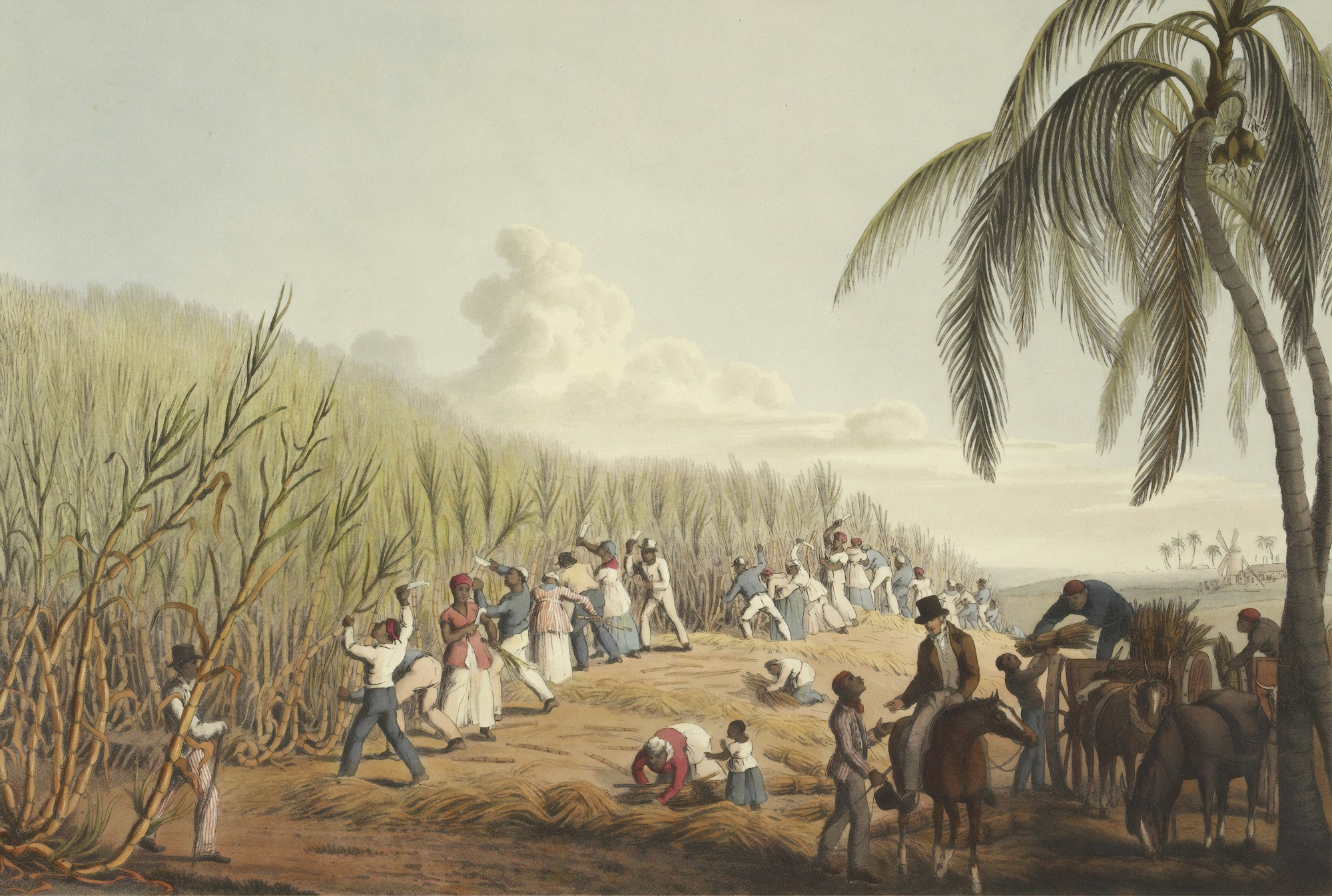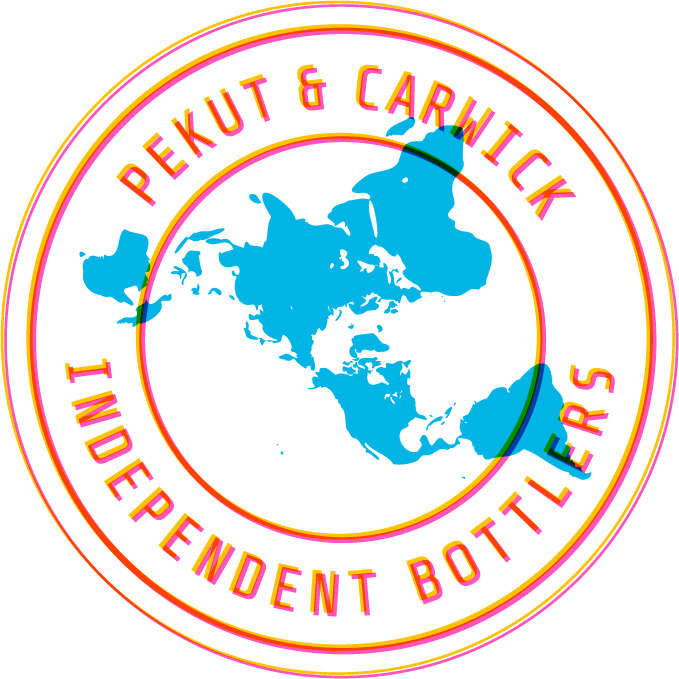Rum is f*cked

I'd like to encourage you to check out Céline Bossart's article Decolonizing the Whitewashed World of Carribean Rum on Liquor.com. It's required reading if you consume sugar cane products (rum, refined sugar, molasses) or similar things like coffee and chocolate here in the US market.
Here's how Bossart sums it up:
"Put simply, a sip of rum should not be taken without understanding and acknowledging the numerous exploitative factors that created the spirit’s industry. Ideally, that knowledge should serve as a catalyst for change."
Rewind to a week in early 2021 when I was freaking out over the painfully slow progress of my tote of Bulk Guyana Rum from its port of entry to my front door. I was laser-focused on small business worries: was the truck going to fit through the loading dock gate? Would the tote be damaged? How does insurance even work for that? Would my hose fitting fit? Would the tote even get through the door?
By the time I finally sat down at my desk, it was way too late to do any real work. So, I clicked around for some "productive procrastination." Instagram, always lurking with unrefusable, time-wasting distractions, served up something else for once—a 20-minute personal video from Jahdé Marley, a wine and spirits specialist, talking about the modern face of colonialism in the rum trade.
If you don't follow the internet rum world, here's some background on Marley's commentary:
- There's a white guy in charge of a popular rum brand who published racist, inflammatory content on the internet.
- People who care about premium spirits, understandably and predictably, called for personal accountability.
- They also called for public transparency regarding his popular company's business practices in Haiti, the poorest country in the western hemisphere.
- Perhaps also understandably and predictably, the internet swirled with rage and reactions.
- But, says Marley, we're all missing the point: digital chatter about one white man's hateful online drivel distracts us from a very real-world problem in which we're all complicit: the modern colonial sugar supply chain.
The world of coffee has been grappling with similar issues for decades. The Specialty Coffee Association (SCA) is a trade group working "to make coffee a more sustainable, equitable, and thriving activity for the whole value chain." SCA has studied and mapped the global coffee supply chain beyond the usual linear coffee-shop pitch about sourcing. With a complex network of stakeholders (farmers, baristas, consumers, yes, but what about banks? activists? trade organizations? farming families?), the SCA says the issue "isn’t about making the pie bigger; it’s about dividing the pie better." In a description of their work published in SCA's digital magizine, 25, editor Jenn Rugolo summarizes:
"It means asking: 'What is value, who creates it, and “what is my role in creating value?' These are big, complex questions without simple answers, but in asking them openly—and regularly—of ourselves as we go about our daily work, we’ll have already begun the important work ahead."
To see this in the perspective of rum and the Caribbean, we can start by looking at who is working the raw materials. Andréa Nunes, in an essay for Lesley University's Journal of Pedagogy, Pluralism and Practice, addresses the global value chain with respect to Haitian cane cutters on modern Dominican Republic plantations (where 30% of US sugar comes from). The neocolonial model of slavery doesn't actually look that different from the original colonial one. Writes Nunes:
"The reality of Haitian migrant workers in the Dominican Republic exists as a consequence of globalization and the nature of free trade, whose basic principles devalue labor rights and basic human rights- particularly those of marginalized groups like migrants, women, and people of color, for maximum profit."
And, as Bossart points out, the value-rich side of the supply chain - people who represent rum to the consumer - is overwhelmingly white and male. So, what does this mean for me (another white guy) and my "stressful" situation here at the value-rich end of a global supply chain? Bluntly: I don't know yet, but I'm working on it. I'm way too small to move the needle on the global rum trade via my product volume, no matter how much I stress over my little drop in the oceans of rum sloshing around global markets. I'm a nobody at a rum conference or in an online chat room.
My suspicion is that the real potential for impact lies with...you.
If I can hold your attention this many paragraphs down a blog post, maybe I can also convince you to question the value chain. That means I'm activating the conversation more broadly and maybe also promoting our accountability as U.S. consumers to the communities who are supplying undervalued human capital near the other end of the supply chain. There are other ways we can contribute—direct donations of proceeds, partnerships with retail and manufacturing stakeholders, using this platform (email, branding, bottles) to center marginalized voices. First though: transparency and acknowledgement.
When I got into this business (and I mean Pekut & Carwick Independent Bottlers, not THE spirits business), I thought at first that I would be taking on the science of spirits, the study of flavor perception, and the role that a raw material has in the final product. I wanted a deeper conversation about *what's actually in the bottle*.
Well folks, here it is. This is the conversation about what's in a bottle of rum.

